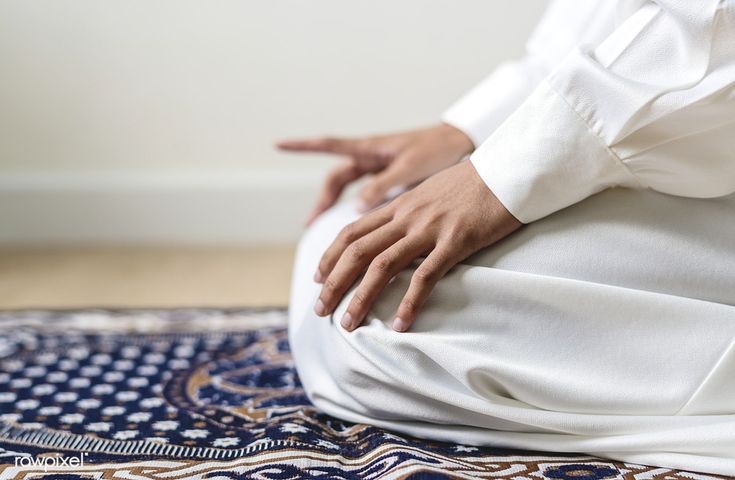Istikhara prayer is a powerful tool that Muslims can use to seek guidance from Allah in times of uncertainty. This prayer, which is prescribed by the Prophet Muhammad (PBUH), is to be used when a believer comes across a choice that leaves them puzzled and unable to make a decision due to fear of making the wrong choice. The specific supplication dua prescribed by the Prophet (PBUH) asks Allah to guide the decision of the person to do whatever is good for him/her in this life and the afterlife.
The word Istikhara linguistically means to ask for good in a matter. The root of the word, istakhar, signifies the past tense and points towards some demand. Thus it means demanding or asking well. According to Ibn-e-Aseer, it means when something good is asked from Allah the Merciful. Istikhara is a Sunnah prayer taught by the Prophet Muhammad in a hadith: “Amongst the happiness of the son of Adam is the abundance in performing Istikhara (seeking the best) from Allah the exalted and contentment upon what is ordained by Allah for him. And amongst the misery of the son of Adam is his disregard for Istikhara to Allah the exalted and his resentment for what is ordained by Allah for him.” (Sunan At-Tirmizi)
The Istikhara prayer is performed in two raka’at like other Sunnah prayers. To perform the prayer, establish the Nia (intention) and then give the Takbir (Takbiratul-Ihram) and perform a two raka’at prayer. After ending the prayer with the Salam, invoke Allah with the Adab of making a Dua. The Dua taught by the Prophet Muhammad is: “O Allah! I seek Your counsel from Your knowledge and power from Your might, and I ask for Your great blessings, You are capable and I am not, You know and I do not, and You are All-knowing of the unseen (hidden), O Allah! If You know that this matter is good for me in my religion, my livelihood, and my affairs in the Hereafter, if it is better for my present and later, then ordain it for me and make it easy for me, and then bless it for me. And if You know that this matter is harmful (bad) for me in my religion, my livelihood, and my affairs in the Hereafter, or if it is bad for my present and later, then ward it off from me and keep me away from it. Then ordain for me with whatever is good for me wherever it may be found, and help me be content with it.”
Unlike the 5 obligatory prayers, which have their own specific timings, there is no set time to perform Solat Istikhara. You may perform it at any point of the day. It is important to note that the answer to the prayer may not come in the form of a dream or a vision, but instead, the Divine response will be in the form of an inclination in one’s heart that will guide them to the right decision. It is also important to note that if the answer is negative, the person may feel doubtful and apprehensive about moving forward with their matter. The main way that God answers the prayer is by clearing the right path while closing all other avenues.
It is important to note that the Istikhara prayer should not be used as an excuse for laziness or avoidance of responsibility. One should not rely solely on the Istikhara prayer and neglect their own efforts and research in making a decision. The prayer should be used as a tool to seek guidance from Allah, but ultimately it is up to the individual to take responsibility for their actions and decisions.
One should also keep in mind that the Istikhara prayer should not be used for trivial or insignificant matters. It is meant to be used for important and significant decisions that will have a lasting impact on one’s life like marriage.
In conclusion, the Istikhara prayer is a powerful tool for the believer to seek guidance from Allah in matters that leave them uncertain and puzzled. It should be performed with the correct intention, Adab and dua, and should not be relied upon solely without taking personal responsibility and effort in making a decision. It should also be used for important and significant matters and acted upon once guidance has been received.
Recommended reading: A Guide To Understanding Divorce in Islam


